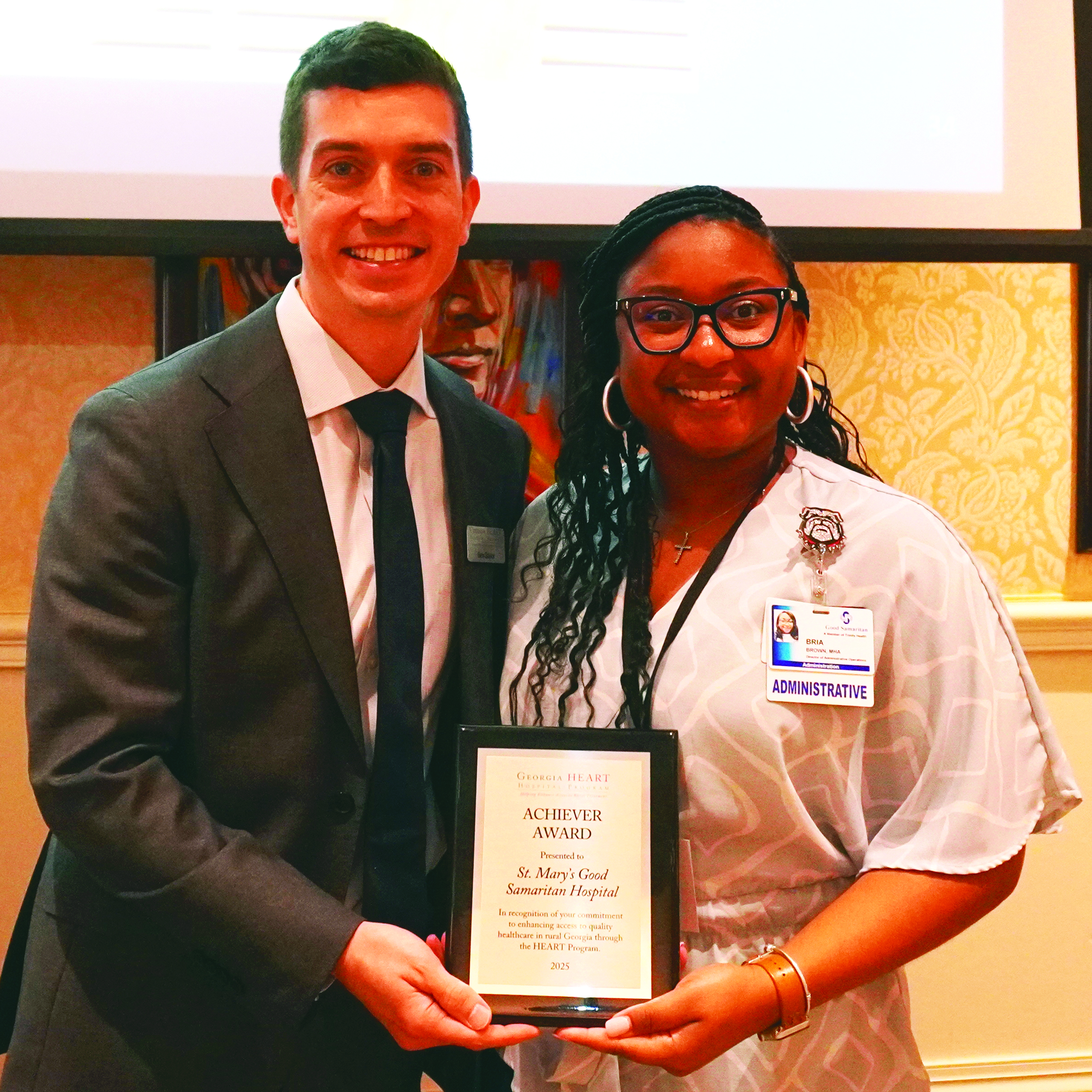Top three foods that could be making you sick
Published 4:24 pm Thursday, January 16, 2014
After reading last week’s article on the connection between toxicity and stubborn weight loss, a patient asked me a great question: “Which foods are the most toxic?”
There are many toxic foods, but I am going to focus on three commonly consumed foods that have a toxic effect on cellular health and can lead to weight gain, digestive problems, cancer, lack of energy, headaches, joint aches and pains, skin conditions and many other symptoms. Many times, we consume these foods thinking we are making “healthy” choices, because of the way these foods are being marketed in ads and commercials, as well as on the packaging.
• Genetically Modified Organisms (GMO). Also referred to as “biotech foods” or “genetically engineered foods,” these are foods that have been altered in a laboratory. The genetic code of the DNA has been modified so the plant is more resistant to pesticides, herbicides and drought, and can have a higher crop yield. The most common GMO foods are soy, corn, canola, alfalfa and sugar beets.
The United States produces more GMO crops than any other country and, despite much controversy, the U.S. government takes the position that GMO foods are safe. No labeling is required. Therefore, you have no clue that you are eating a GMO food. However, European countries completely ban GMO foods due to the negative impact on our health. Multiple studies have documented the connection of GMO foods with tumor growth and widespread organ damage, especially to the liver and kidneys. According to a report by Dr. Oz, more than 80 percent of the foods we are consuming every day contain one or more types of GMO. To avoid GMO foods, read labels and avoid anything that has canola, soy or corn as ingredients, especially high fructose corn syrup.
• Gluten. Over the years, due to the genetic changes in wheat, many people have become intolerant to gluten. The wheat of today is very different from the wheat of 50 years ago, and our bodies have a difficult time digesting it. Even though studies show that 1 in 133 people have Celiac Disease, it has been found that 1 in 7 are intolerant to gluten. For the intolerant, gluten can damage the lining of the intestines and cause “leaky gut,” which eventually results in inflammation throughout the body. This inflammation can lead to conditions such as joint pain, irritable bowel, bloating, low energy, thyroid conditions, autoimmune disease and weight gain.
If you have any of these conditions, you might choose to remove gluten from your diet for a few weeks. Many patients find that once they remove gluten, their energy and health begin to improve, they feel better than they have in years, and the weight begins to come off. When you choose to remove gluten, you should also avoid packaged “gluten-free” foods, as these are simply another type of processed, low- nutrient food. Instead, focus on eating real foods such as vegetables, lean meats, fruits and nuts. Eat foods as close to its natural state as possible so you get the greater amount of nutrients.
• Artificial Sweeteners. Artificial sweeteners are ARTIFICIAL, and the body does not know how to process and properly digest artificial substances. Artificial sweeteners have been shown in many studies to cause a multitude of symptoms in the body, such as headaches, fibromyalgia, dementia, weight gain, fatigue, depression and even Multiple Sclerosis.
Avoid all artificial sweeteners such as Equal, Splenda, NutraSweet or Sweet’N Low. These can be toxic to your nervous system, brain and liver. Instead, choose natural sweeteners such as stevia, which is a plant-based sweetener. Xylitol is another a sweetener that tastes like sugar yet doesn’t affect insulin levels, making it a good choice for diabetics. If you are cooking, you can use many natural foods such as raw honey, dates, raisins, prunes or ripe bananas to sweeten foods. However, use these in moderation because they can impact blood sugar levels.
Removing these three things from your diet will go a long way toward helping you improve your health.
If you have any questions you would like answered, please feel free to email me at pathwaysth@gmail.com or call the Pathways to Healing office at 706-454-2040.





